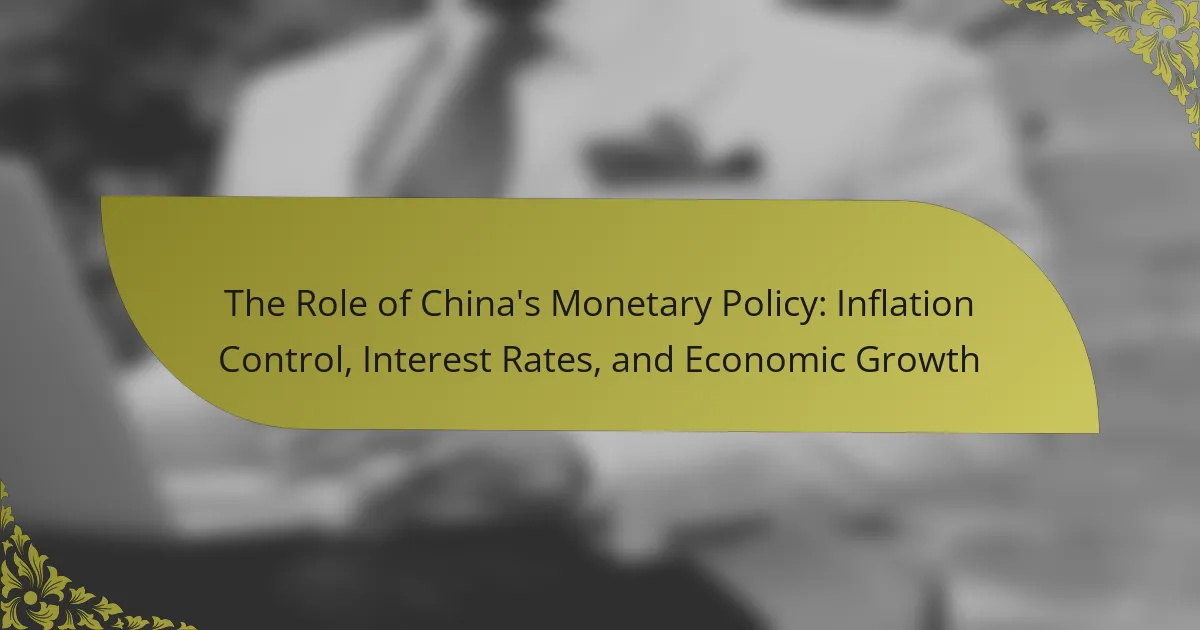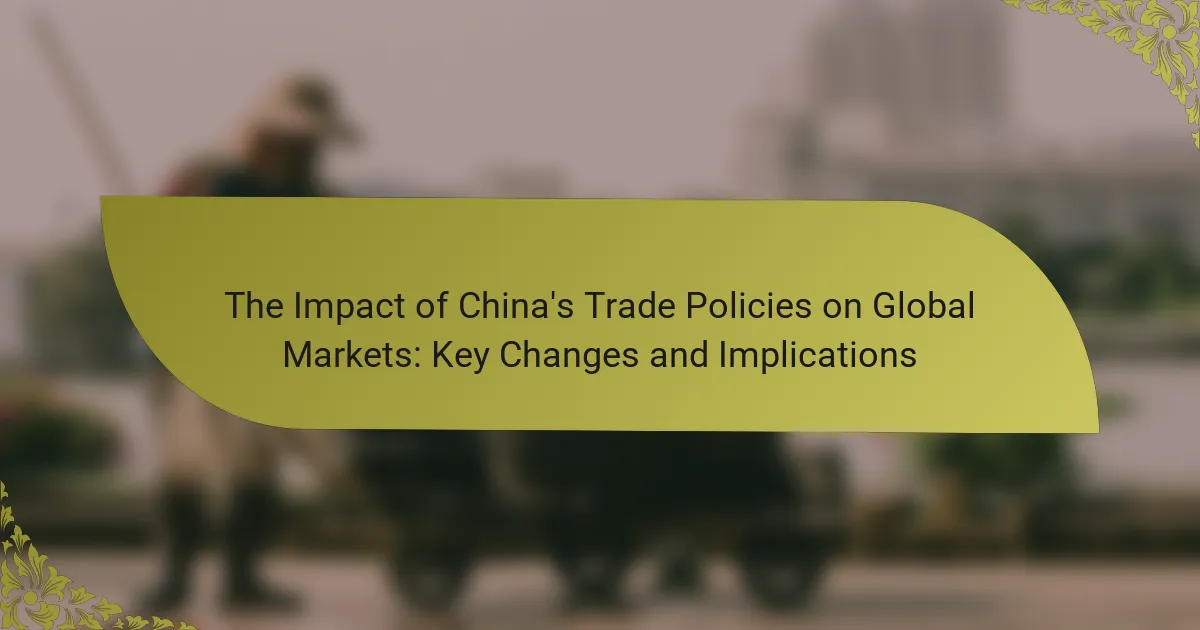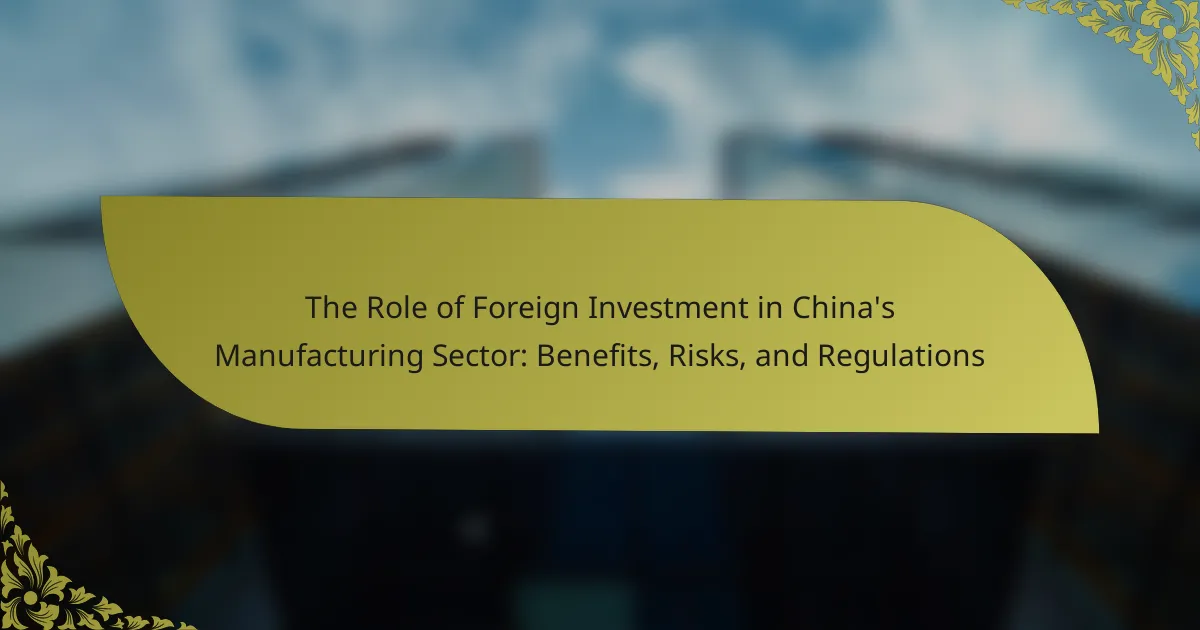
Challenges and Opportunities for SMEs in China’s Global Trade
Small and Medium Enterprises (SMEs) in China face significant challenges in global trade, including access to finance, regulatory compliance, and intense market competition. Approximately 60% of SMEs report difficulties in securing loans, while navigating complex international regulations adds to their burdens. Despite these obstacles, SMEs have substantial opportunities to expand internationally through China’s trade agreements…








